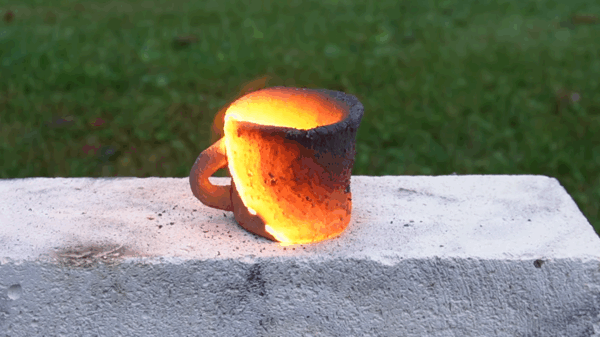The European Medicines Agency (EMA) has awarded orphan drug designation (ODD) to pegtarazimod (RLS-0071) for the treatment of patients suffering from graft-vs-host disease (GVHD). This designation follows the analysis of data from the ongoing phase 2 AURORA trial, which is examining the drug’s efficacy in hospitalized patients with steroid-refractory acute GVHD.
David Marek, chief executive officer of ReAlta, expressed optimism regarding the EMA’s decision, stating, “Receiving EMA orphan drug designation represents a significant new regulatory milestone in our efforts to address the urgent unmet need in acute GVHD.” He added that the positive feedback based on initial phase 2 data reinforces the potential of their dual-targeting approach to treat this complex condition effectively.
The EMA’s decision follows the U.S. Food and Drug Administration (FDA) granting ODD and fast track designation to pegtarazimod in August 2024 for the same indication. Pegtarazimod is a 15-amino-acid peptide designed to selectively inhibit complement activation at C1, myeloperoxidase activity, and neutrophil extracellular trap formation, aiming to mitigate inflammatory responses.
Recent findings from a study published in 2024 highlighted pegtarazimod’s mechanism of action. When healthy participants inhaled low-dose lipopolysaccharide, neutrophil levels in sputum decreased by nearly 50% compared to a placebo group within six hours (P = .04). The study also showed significant reductions in myeloperoxidase, neutrophil elastase, and IL-1β levels.
Details of the AURORA Trial
The AURORA trial is an open-label, prospective, dose-escalation study currently enrolling patients across the United States, Germany, and Spain. Eligible participants include adults and adolescents aged 12 years and older who are hospitalized for steroid-refractory acute GVHD of grades II to IV following allogeneic hematopoietic stem cell transplantation (HSCT).
Participants must have an expected hospital stay of at least one week from the start of pegtarazimod treatment and must not have plans to initiate or adjust other GVHD treatments during the treatment period. Those enrolled will receive pegtarazimod for either 7 or 14 days, depending on their assigned dose group. The dosing regimens range from 10 mg/kg to 40 mg/kg, administered every eight hours.
The primary endpoints of the trial focus on treatment-related adverse effects, treatment-emergent serious adverse effects, and overall response rates. Secondary endpoints include the rate of refractoriness to pegtarazimod with or without ruxolitinib, overall corticosteroid use, overall survival rates, non-relapse mortality, and the duration of hospital stay.
Targeting Inflammation in GVHD
Dr. Kenji Cunnion, chief medical officer of ReAlta, emphasized the targeted nature of pegtarazimod, which aims to inhibit specific pathways responsible for tissue damage while preserving beneficial immune functions. “Our targeted intervention addresses the specific pathways driving tissue damage, including the inhibition of extracellular myeloperoxidase, NETosis, and neutrophil elastase,” he stated.
The AURORA trial is set to provide crucial data, with results from additional cohorts expected by 2026. As the research progresses, there remains hope that pegtarazimod will emerge as a significant therapeutic option for patients battling acute GVHD, a condition often associated with high mortality rates and challenging treatment outcomes.





































































